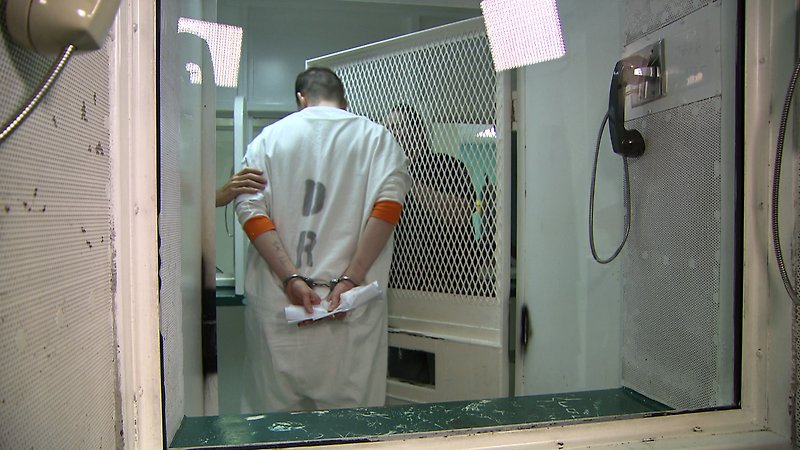A senseless triple homicide committed by two 18-year-olds during a car theft has been the defining event in a world of damaged lives investigated in this ‘rigorously humane’ (NY Times) documentary by Werner Herzog.

Not just a compelling documentary about a convicted murderer on Death Row, but a further chapter in Werner Herzog’s obsessive exploration of the American way of life – and death.
Screened as part of NZIFF 2012
Into the Abyss 2011
The abyss that commands Werner Herzog’s attention in this year’s programme is a particularly American one, located where crime awaits punishment on death row. The generous assistance of the Goethe-Institut enables us to showcase the great German documentarian’s most recent feature as well as Death Row, the powerful TV series he made alongside it.
Michael Perry and Jason Burkett were convicted of a triple homicide committed during a car theft in their home state of Texas when they were both 18. Herzog interviewed Perry just days before his execution. Herzog’s documentary reveals a world of damaged lives in which a singularly senseless crime has become a defining event. It’s a more comprehensive and surprisingly shaded picture than many dramatic features ever accomplish.
“The paradox of this film is that it is both unremittingly bleak and rigorously humane. Mr Herzog, interviewing killers, survivors, witnesses and officials in law enforcement and corrections, is polite even when asking uncomfortable questions, and the seriousness of his intentions allows humor and absurdity to bubble up amid all the pain…
Herzog is not interested in vindicating any particular point of view or version of events. Nor, despite his clearly stated moral opposition to capital punishment, is he advocating a political position. He is instead – as he so often has, in fictional features and documentaries alike – probing the contradictions of the human heart…
What rescues Into the Abyss from its title is the stubborn individuality of the people it discovers, none of them entirely innocent or utterly evil, all of them vivid and memorable. They cling to life and look for meaning in its darkest episodes with a tenacity that drives home the terrible price of killing, whether it is a result of criminal impulse or state policy.” — A.O. Scott, NY Times